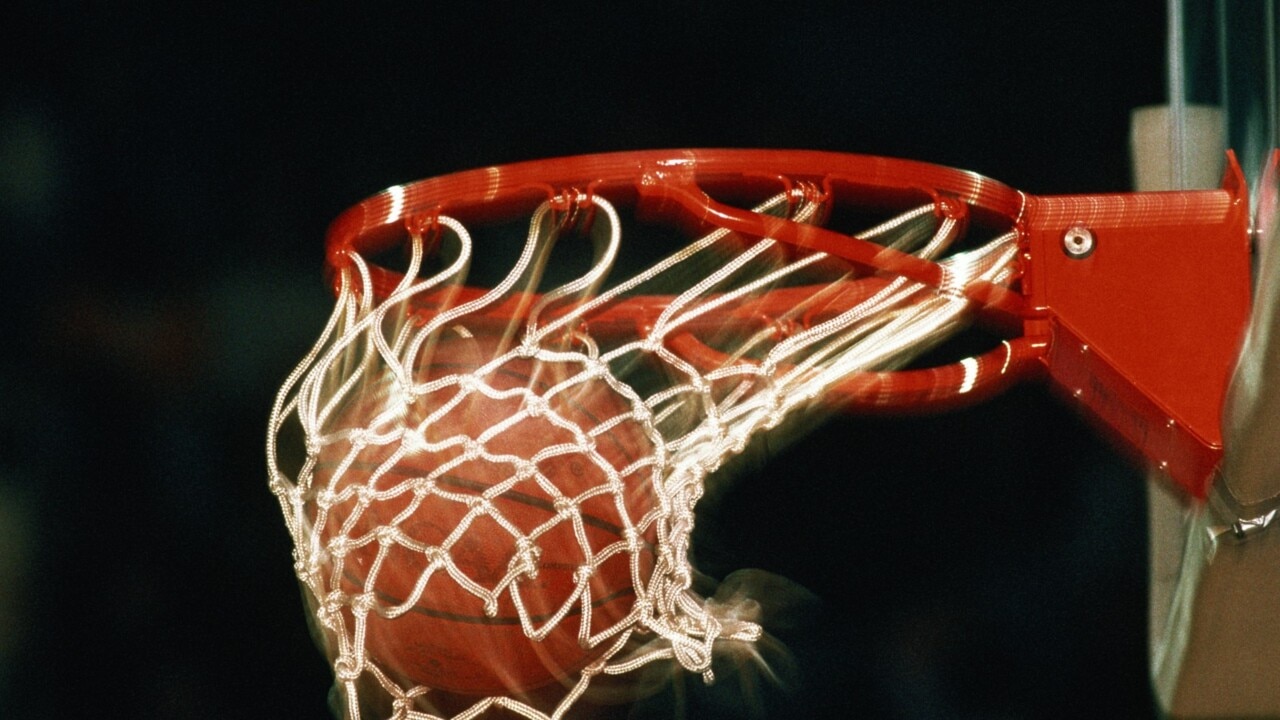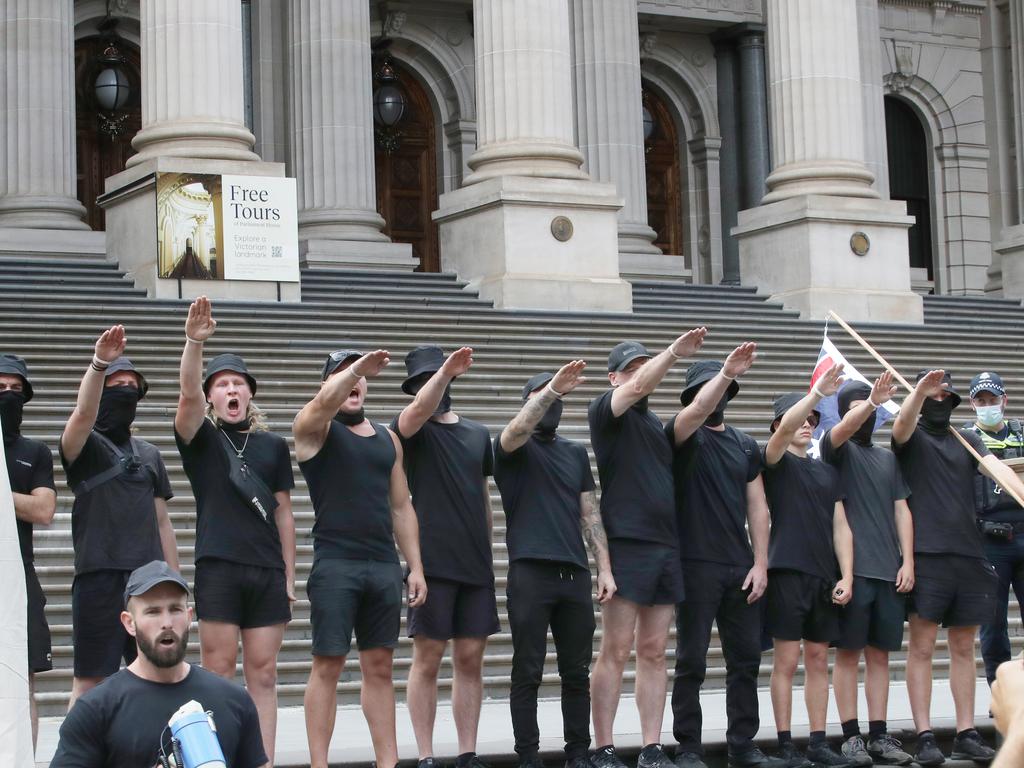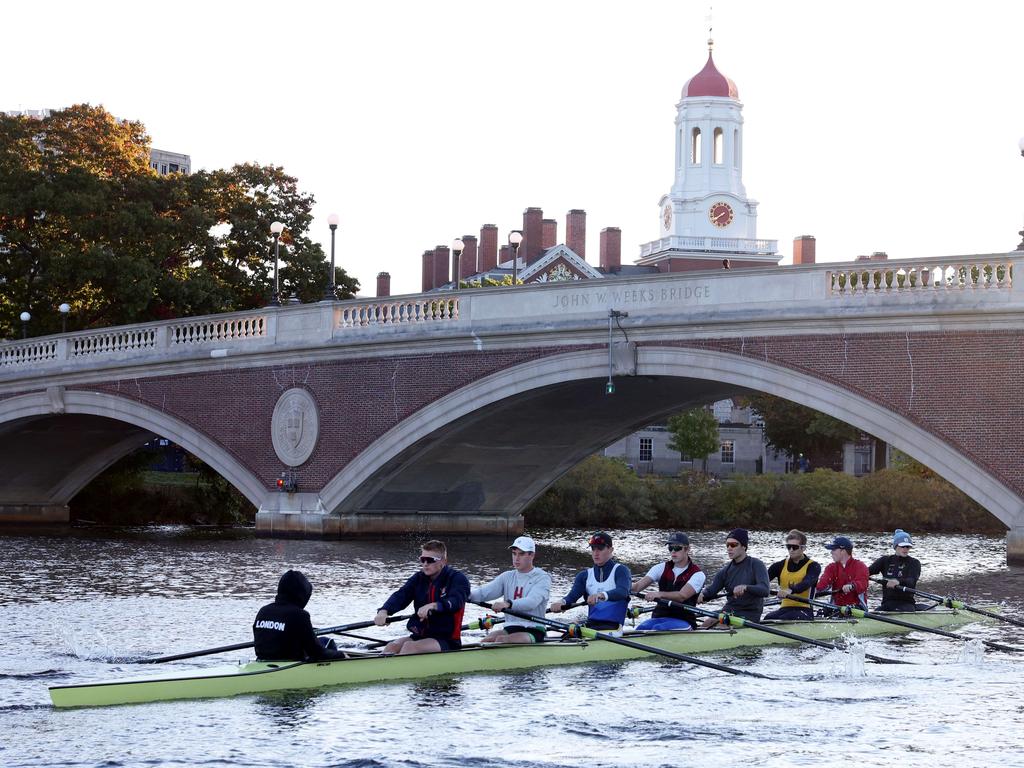World Athletics bans transgender women from elite competition
Athletics Australia says it ’respects’ the decision by World Athletics in banning transgender athletes from elite women’s competition, which will include next year’s Paris Olympics.

Athletics Australia says it “respects” the decision by World Athletics in banning transgender athletes from elite women’s competition, which will include next year’s Paris Olympics.
AA president Jan Swinhoe and chief executive Peter Bromley acknowledged the move, saying it was required to abide by the rules set out by World Athletics.
“We acknowledge that this a complex and emotive subject and one that sporting organisations around the world, especially at the elite level, continue to grapple with,” they said in a joint statement.
The AA statement also reinforced its inclusive measures at community level, which will still allow trans women athletes to participate in amateur competitions.
“In saying this, Athletics Australia has its own community level guidelines for the participation of trans and gender-diverse athletes within Australian athletics,” the statement reads.
“These guidelines are underpinned by the principle of inclusion and are designed to ensure that athletics remains a sport that is welcoming and accessible to every Australian.
“We acknowledge the impact a decision like that of World Athletics can have on transgender and DSD athletes and members of the broader community.
“Athletics Australia supports the WA Council agreement to set up a working group to further consult and consider the issue of transgender inclusion and make further recommendations to the council. Athletics Australia is committed to ensuring that athlete welfare at all levels and inclusion at the community participation level remains a priority in Australian athletics.”
World Athletics on Friday followed the lead of World Aquatics.
World Athletics president Sebastian Coe announced that no transgender athlete who had gone through male puberty would be permitted to compete in female world ranking competitions from March 31.

He said the world’s track and field federation’s decision-making body had consulted widely, including with 40 national federations, the International Olympic Committee and trans groups.
“The majority of those consulted stated that transgender athletes should not be competing in the female category,” Lord Coe said. “Many believe there is insufficient evidence that trans women do not retain advantage over biological women and want more evidence that any physical advantages have been ameliorated before they are willing to consider an option for inclusion into the female category.”
In what could prove to be a watershed decision for sport – and putting pressure on the International Olympic Committee – Lord Coe also said: “The (WA) Council agreed it must be guided by our overarching principle which is to protect the female category.”
And in another collision with the IOC, World Athletics has banned Russian and Belarusian athletes from elite track and field competition “for the foreseeable future”, including the Olympics, because of the war in Ukraine.
The IOC had argued that the Olympics was above politics and that Russian and Belarusian athletes could compete in the Paris Games as “neutrals”, but the move by World Athletics has now created a sharp split at the highest levels of sports leadership.
The sport will set up a working group, chaired by a trans athlete, for 12 months to research the issue further, but the strongly held view within the sport was that trans women had unfair advantages.







To join the conversation, please log in. Don't have an account? Register
Join the conversation, you are commenting as Logout